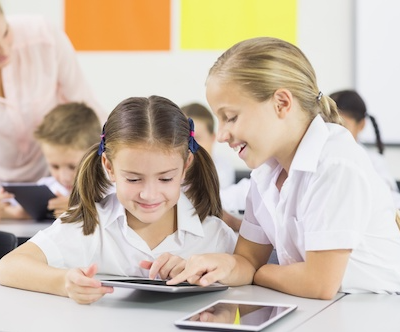In 2025, education continues to evolve with a growing emphasis on personalized learning—an approach that tailors instruction to each student’s strengths, needs, and interests. By embracing flexible methods and meaningful student engagement, personalized learning helps learners take greater ownership of their academic journey while ensuring they receive the support they need to succeed.
What Is Personalized Learning?
Personalized learning moves beyond one-size-fits-all instruction. Instead, it allows students to progress at their own pace, explore topics that interest them, and access content in ways that match their learning preferences. This approach often includes customized lesson plans, adaptive technology, and collaborative projects that reflect students’ goals and backgrounds.
Key Benefits of Personalized Learning
- Improved Student Engagement
When students see the relevance of what they’re learning, they become more invested. Personalized learning helps students feel more connected to their education by incorporating their passions and learning styles. - Greater Academic Growth
Students who receive targeted instruction based on their individual progress can advance more effectively. Whether catching up or moving ahead, learners experience growth at a pace that suits them. - Encourages Self-Directed Learning
Personalized learning builds student confidence by encouraging goal-setting, reflection, and independent study habits. These skills are valuable not only in school but in life. - Supports Equity in Education
Every student learns differently. Personalized learning offers diverse entry points and resources, helping close achievement gaps and supporting learners with varying needs and abilities. - Strengthens Teacher-Student Relationships
By understanding each student’s goals and learning style, educators can foster stronger connections and provide more meaningful feedback. This relational approach enhances classroom trust and collaboration.
Personalized Learning in Action
In today’s classrooms, personalized learning often involves the integration of technology tools, flexible groupings, and ongoing formative assessments. Whether through student-led conferences, interactive apps, or project-based assignments, schools are finding innovative ways to personalize learning experiences without losing academic rigor.
Teachers act as facilitators and mentors, guiding students through their individualized paths and helping them reflect on their progress. This supportive role ensures that while students enjoy greater choice, they are never alone in their learning process.
Looking Ahead
As education adapts to the diverse needs of students in 2025, personalized learning stands out as a key strategy for promoting deeper understanding, higher motivation, and long-term success. By putting students at the center of their education, schools can build inclusive, forward-thinking learning environments where everyone has the chance to thrive.
With thoughtful planning and strong leadership, personalized learning can continue to make a positive impact on teaching and learning for years to come.













